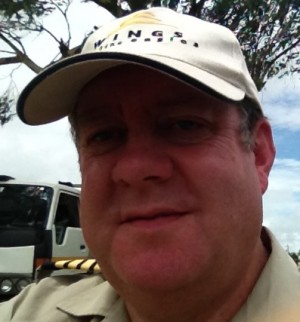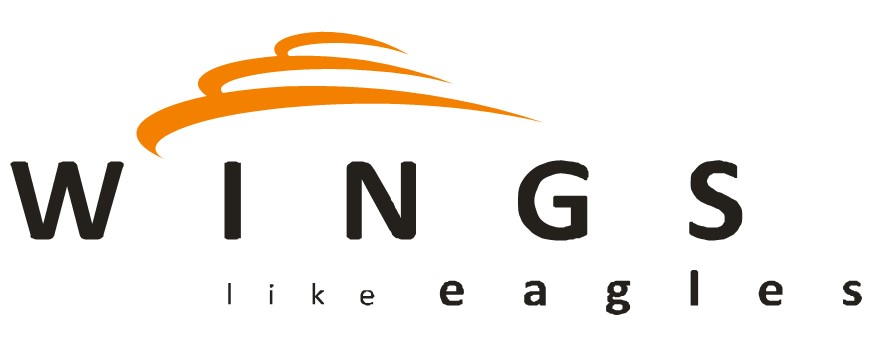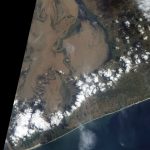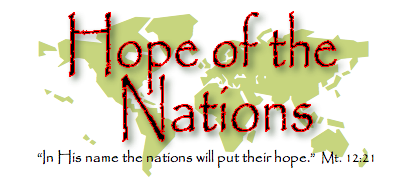
Our 2013 response was in a new area for us. The Limpopo flooded. The river is is southern Mozambique and many people live on the fertile flood plain.
One perspective on the disaster is here.
Our 2013 response – what did we do?
We sent a helicopter.
We sent our experienced pilot friend from the 2007 disaster response. Andrew Shipton.
And we sent Clive Langmead, as a ground coordinator, helicopter pilot and PR man. He is on the disaster response call-out list of the UK’s Department for International Development.
Also we sent the funding to support their operations.
What is a ground coordinator?
Wings Like Eagles wants helicopters to be used in the most efficient way. So if the helicopter is flying, someone needs to plan the next flights. Sometimes this is done a day ahead. If the picture of a disaster is incomplete, the meetings can be much more frequent. Our ground coordinator attends those meetings. Then he or she has the best information. Then they can arrange the next loads. Or they can talk to the helicopter and help target the helicopter most effectively. Efficient targeting means deciding between tough choices:
Immediately after a disaster the need may be for life saving assistance
- This may mean flying injured people to hospital in a helicopter.
- Or flying medical teams into the disaster area. This is normally much more efficient than flying people out.
- Or delivering food to keep people alive. This may be needed until more substantial help can arrive by road.
- We call all this work ‘life-saving’.
- We did not get to the Limpopo disaster fast enough to do direct life saving.
Sometimes the most urgent need is for a survey
- Surveys ensure the centres of real need can be identified and aid properly targeted. We call this ‘getting the right aid to the right people’.
- Surveys are conducted by all sorts of agencies. The national government may need help – so in the 2013 flood response we flew the Interior Minister of the republic of Mozambique. He could then update the Prime Minister and the Cabinet.
- Surveys may be conducted by engineers to focus efforts on restoring broken bridges.
- We helped with disaster surveys in 2013. We helped the World Bank to focus its funds. Have a look at the surveys we did.
On other times it is important to deliver food
- This is the most impactful flying that you can do.
- Have a look and see what we did.
Sometimes the need is to give access to others
- Giving the press access may be a key part of informing the international community and so releasing more aid.
- We call this ‘access for all‘.
- However, there is such a thing as disaster tourism when people just want to see what the problems are. We do not support that.
So what did our ground coordinator do?
As our ground coordinator, Clive helped make sure that the most efficient and flexible use was made of the helicopter used in our disaster response to the 2013 Limpopo River flood. We flew life-saving and survey missions as requested by the INGC – Mozambique’s disaster response agency.
Clive also filmed our work and created the video of our response. He runs a media company.
Clive has been a huge encouragement from the start of Wings Like Eagles. As well as a pilot and ground coordinator, he is a Christian author who has written about the starting of several enterprises: for example Robber of the Cruel Streets is one of his non-fiction works about George Mueller and the Children’s Homes in Bristol, now on a DVD. He is also the helicopter pilot who flew our 2000 mile recce into Mozambique in 2008 and is now a Trustee. He worked also as a Producer at the BBC.
Thank you Clive! The government expert who was running the operation was grateful too.
What about you?
You can see the sort of effect can be achieved in our use of funds. Why not join us?







0